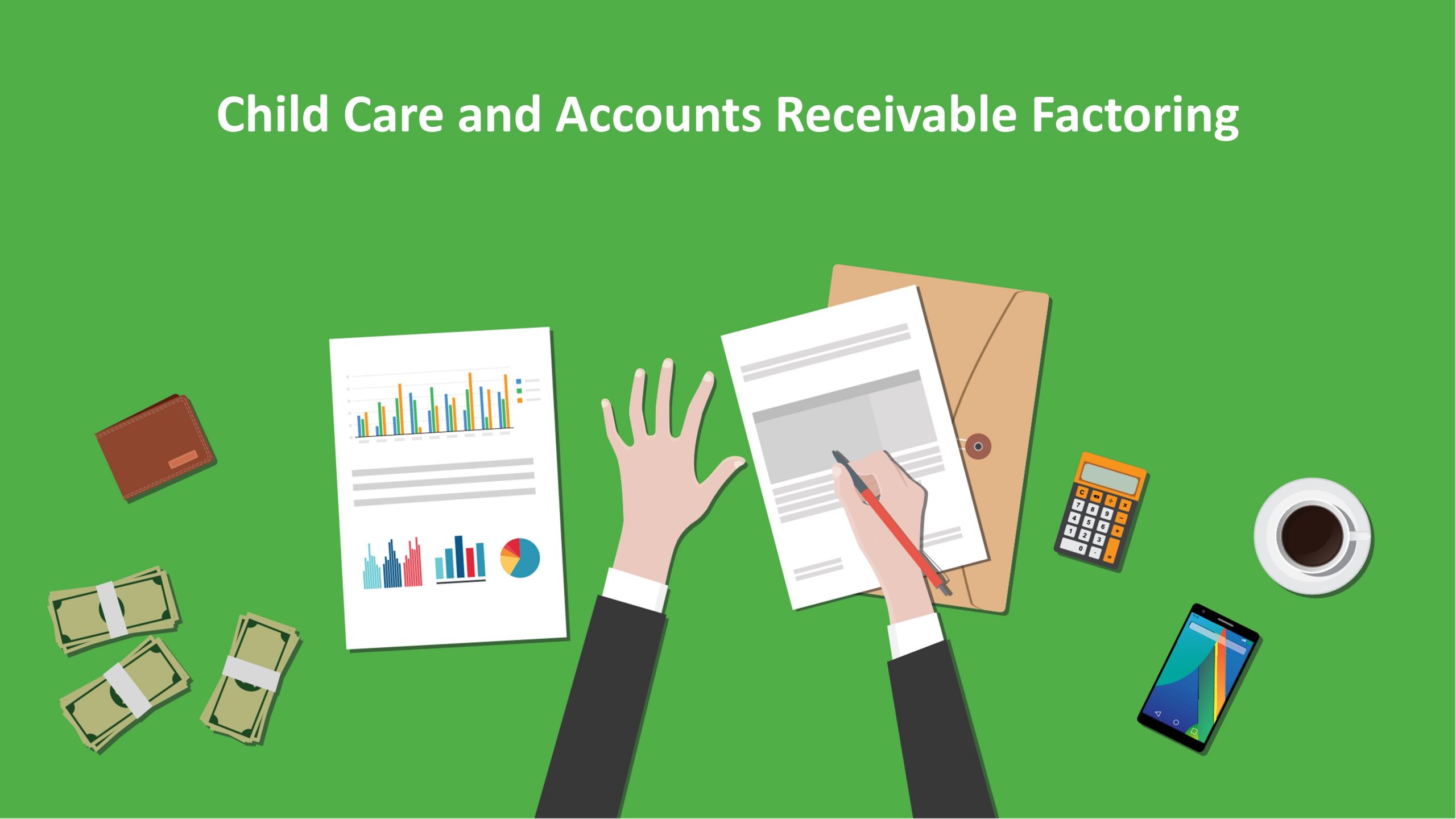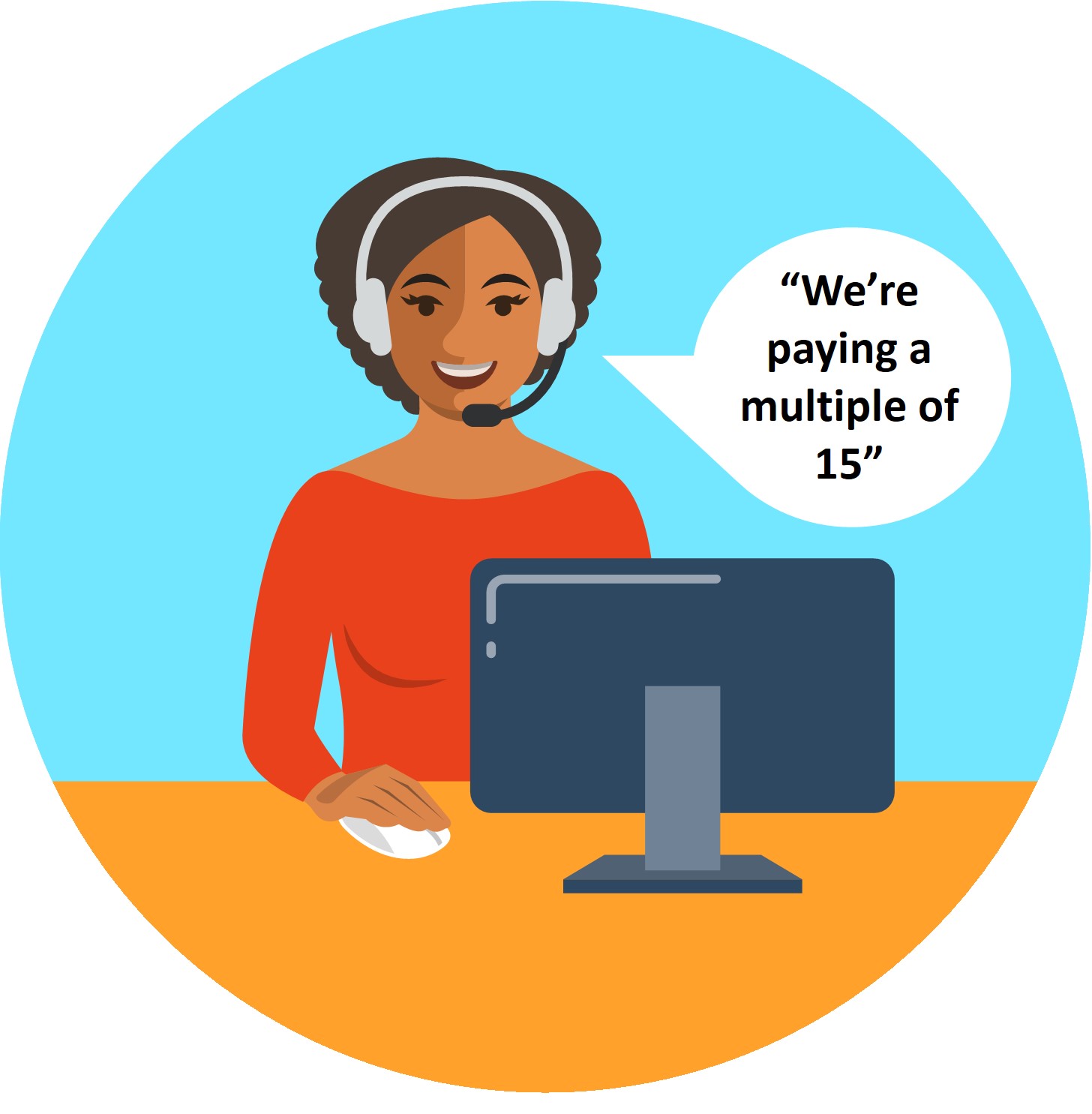Child Care Accounts Receivable Factoring

Over the years, when providing financial consulting for a child care business owner, I discovered they were factoring their accounts receivable (unpaid tuition). So, what is receivable factoring, and is it appropriate for child care businesses?
Accounts receivable factoring is another method of receivables management and working capital funding to increase the business cash flow. Accounts receivable factoring involves buying and selling of accounts receivables to obtain immediate cash or working capital.
Accounts receivable factoring helps in acquiring cash for the product or the services rendered. It results in immediate cash inflow without creating any debt or transferring the business ownership. Accounts receivables are the most valuable assets for any company – including child care businesses. The payment is made of 80% of the invoice value. The 20% of the value is kept as reserved and is paid after deducting the fee once the amount on the invoice is due.
This practice of accounts receivable factoring is most suitable for small and medium business owners. Due to accounts receivable factoring, small and medium business owners can generate cash and avoid the debt trap. It also helps in representing stronger financial status and avoids interest on any loans if otherwise taken. This practice of accounts receivable factoring generates cash to fund the payrolls and taxes due. And, accounts receivable factoring also provides relief from non-paying clients or slow-paying clients.
The availability of cash helps small business owners to negotiate for discounts from their vendors and suppliers. It also helps to reduce bookkeeping, depositing checks, monitoring the collection process, and preparing reports for collections. Brokers or agencies also provide their services for accounts receivable factoring. They help the business owners to manage their collections, payments, generating more cash, and managing their cash inflow process.
I’ve listed several advantages of account receivable factoring. However, in almost ALL scenarios, accounts receivable factoring is a terrible business decision in a child care business – and most businesses. Why? For child care businesses, the goal for accounts receivable is – NOT to have accounts receivable. All tuition due should be collected weekly. A good tuition collection policy is – tuition is due on Monday, if not paid by end-of-business on Wednesday, a late payment fee is added to the tuition due if total funds due are not paid by Friday, the parent is told no additional child care will be provided until paid in full. And, do not admit the child into the center on Monday morning without full payment by cash or credit card. Accepting a check for past due tuition may only result in receiving notification of insufficient funds several days later.
Accounts receivable factoring may seem like a good idea and a way to help manage cash flow. And, of course, the person trying to sell you on accounts receivable factoring through their company will make it seem like the best decision you as a child care business owner could make. But, it is a terrible option for child care businesses and often leads to even bigger cash flow problems. Have a written tuition collection policy – enforce it consistently with all parents, and you will not be tempted to make the bad decision of factoring your accounts receivable.




